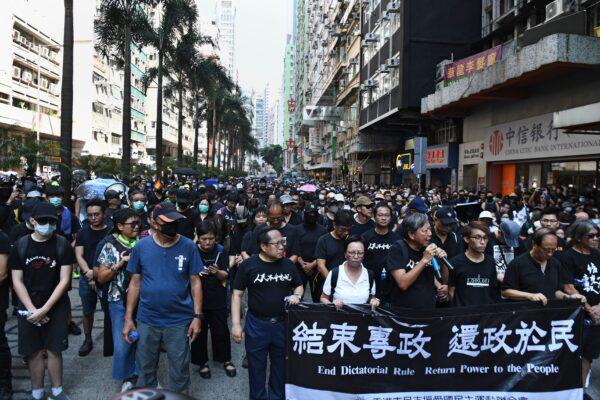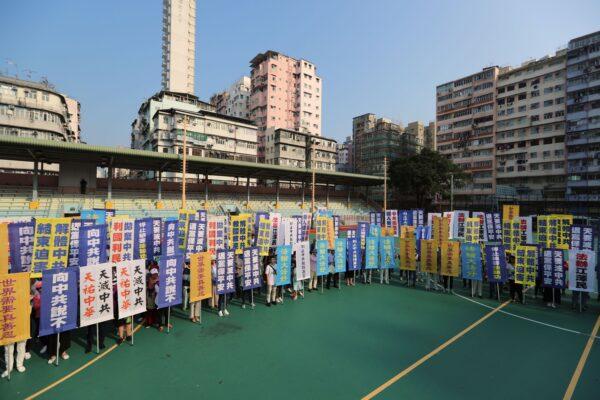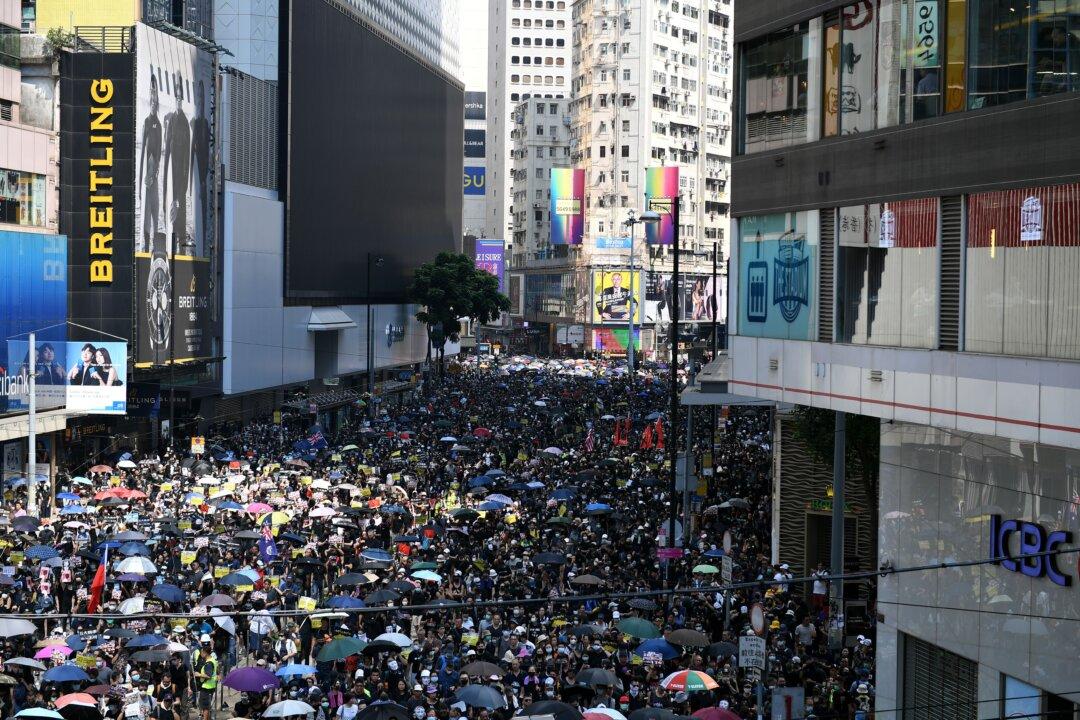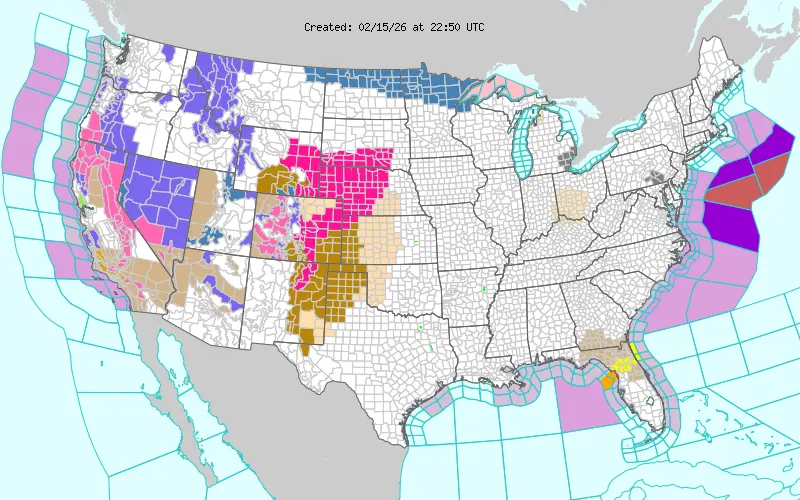HONG KONG—Thousands of black-clad pro-democracy protesters defied a police ban and marched in central Hong Kong on Oct. 1, urging China’s Communist Party to “return power to the people” as the party celebrated its 70th year of rule.
Thousands of other people amassed for rallies at multiple locations in the semi-autonomous Chinese territory, which was under a tight security clampdown. At least 11 subway stations were closed, and scores of police stood guard outside government offices.
“Today we are out to tell the Communist Party that Hong Kong people have nothing to celebrate,” said activist Lee Cheuk-yan. “We are mourning that in 70 years of Communist Party rule, the democratic rights of people in Hong Kong and China are being denied. We will continue to fight.”

Many shopping malls across Hong Kong were shut amid fears of chaos. Posters in the city called for the Oct. 1 anniversary to be marked as “A Day of Grief.”
Dressed in a black T-shirt and dark jeans, 40-year-old Bob Wong said his clothing expressed “mourning” over “the death of Hong Kong’s future.”
Black-clad Yvonne Ng, 67, fumed over the arrest of many young people in the months-long protests. “We’re not celebrating National Day,” she said as she ambled through the Causeway Bay shopping district.
Falun Gong practitioners gathered in Sham Shui Po to protest after their permit to march and call for an end to the Chinese Communist regime’s persecution of their fellow practitioners was denied by Hong Kong police. Practitioners held banners that read, “Heaven eliminate the Chinese Communist Party, heaven bless China,” and “Save the country, save Hong Kong.”
The popular LIHKG online chat forum used by protesters was inaccessible on cellphones, believed to have been hacked to prevent communication by protesters.
On Tuesday morning, police used pepper spray to break up a brief scuffle between Beijing supporters and a small group of pro-democracy protesters as the city’s government marked the anniversary in a solemn ceremony. The annual fireworks display was called off two weeks ago.
Police lined up to separate the demonstrators and counter-protesters, but some minor scuffles ensued. Two pro-Beijing protesters were arrested.
Hong Kong Chief Secretary Matthew Cheung told hundreds of guests at a reception that the city has become “unrecognizable” due to violent acts by protesters. Cheung was representing the city’s leader, Carrie Lam, who led a delegation to Beijing to join National Day festivities there.
Cheung said Beijing fully supports the “one country, two systems” framework that gives Hong Kong freedoms and rights not enjoyed on the mainland. The system was implemented when the former British colony returned to Chinese rule in 1997. The protests began in early June over a now-shelved extradition bill that activists say was an example of how those promises have been eroding.
Police warned Monday that hard-line protesters may engage in extreme acts that are “one step closer to terrorism,” such as killing police officers, posing as police officials to kill civilians and large-scale arson, including at gas stations. Activists ridiculed the assertion as a scare tactic.





